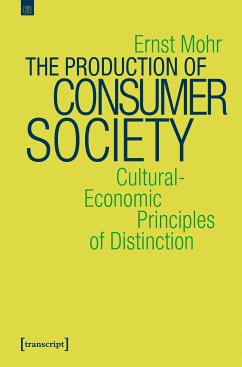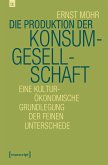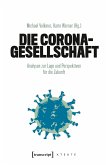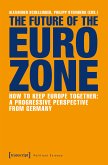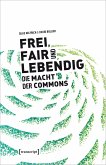With a novel quality theory of consumption which treats opulence and self-restraint in consumption styles symmetrically, Ernst Mohr shows how social distance and proximity are communicated by consumption and produced by communication. He positions fringe styles with those of the mainstream in an overall stylistic system of society and analyses their encounters. Rigorously derived, the approach casts fresh light on the cultural and social evolution as well as the business models of the consumer industry. It provides a coherent interdisciplinary access to the aesthetic turn of society that has so far been treated with contradictory paradigms.
Dieser Download kann aus rechtlichen Gründen nur mit Rechnungsadresse in A, D ausgeliefert werden.

